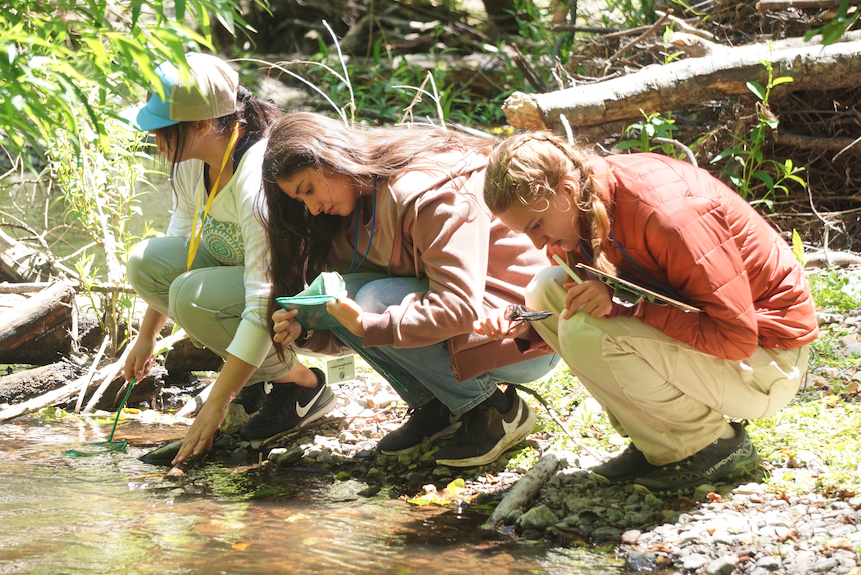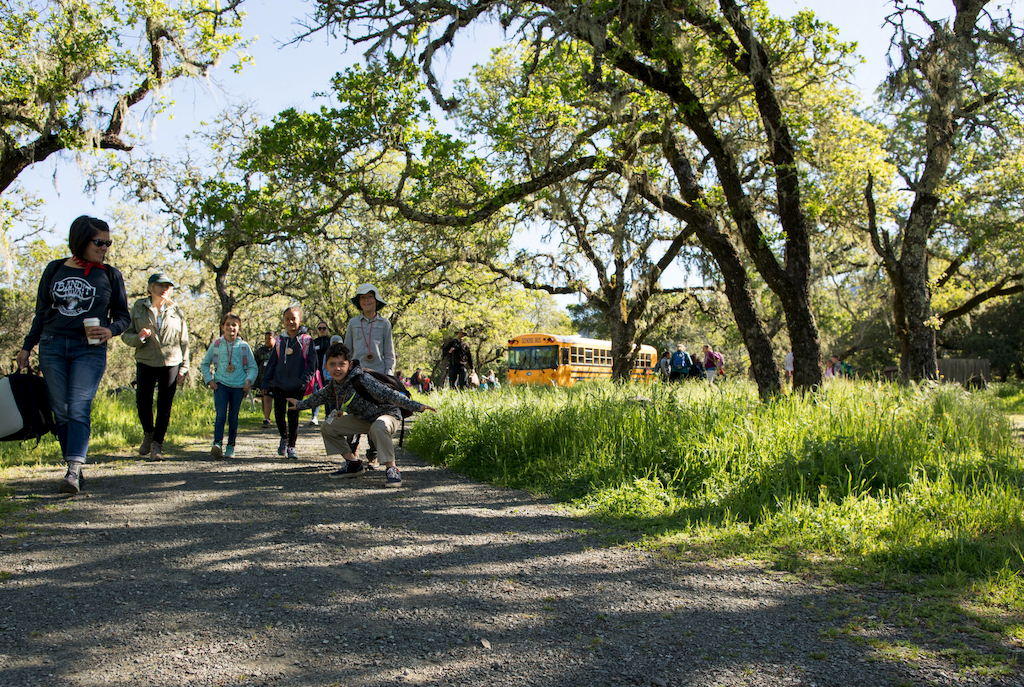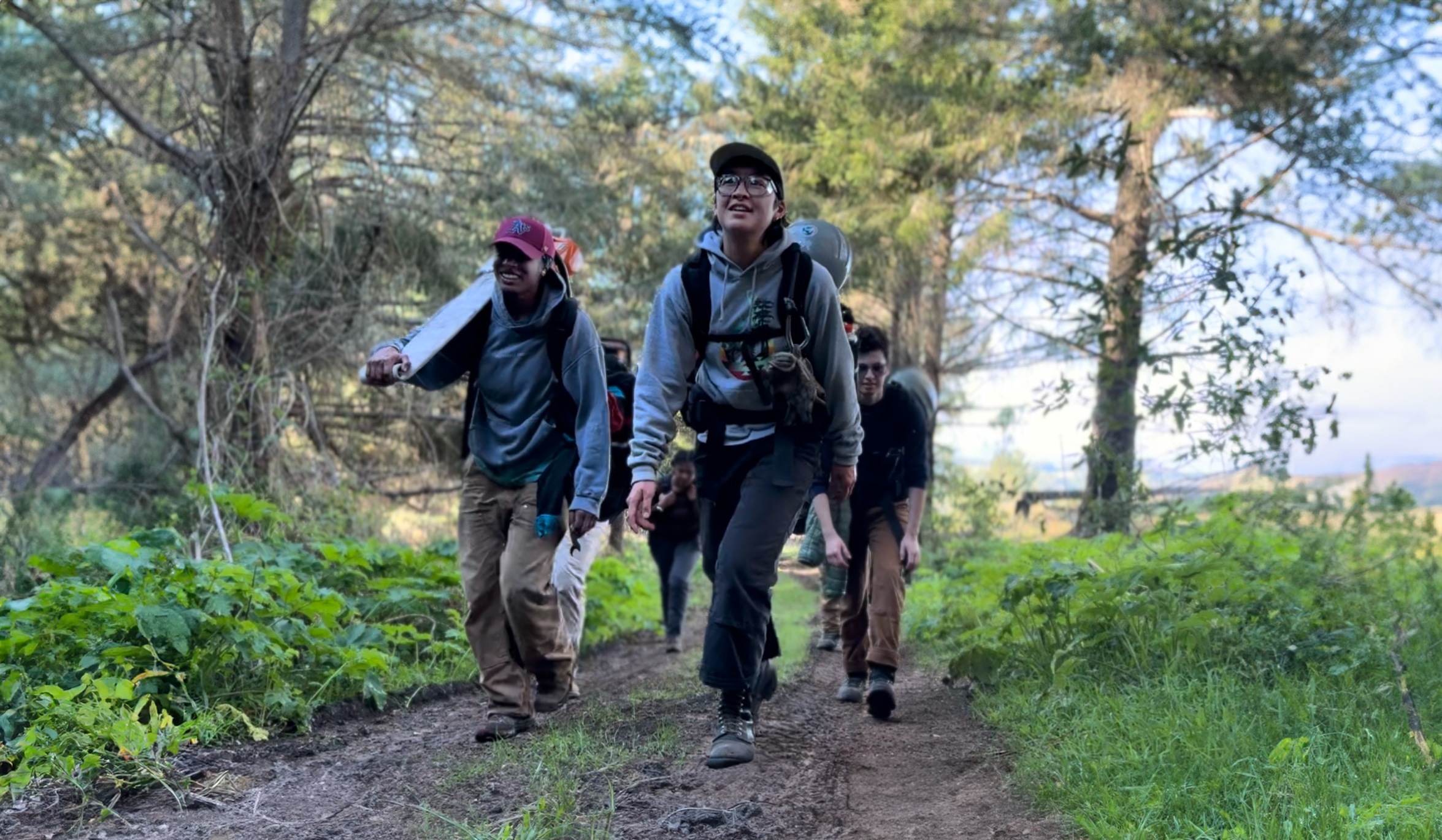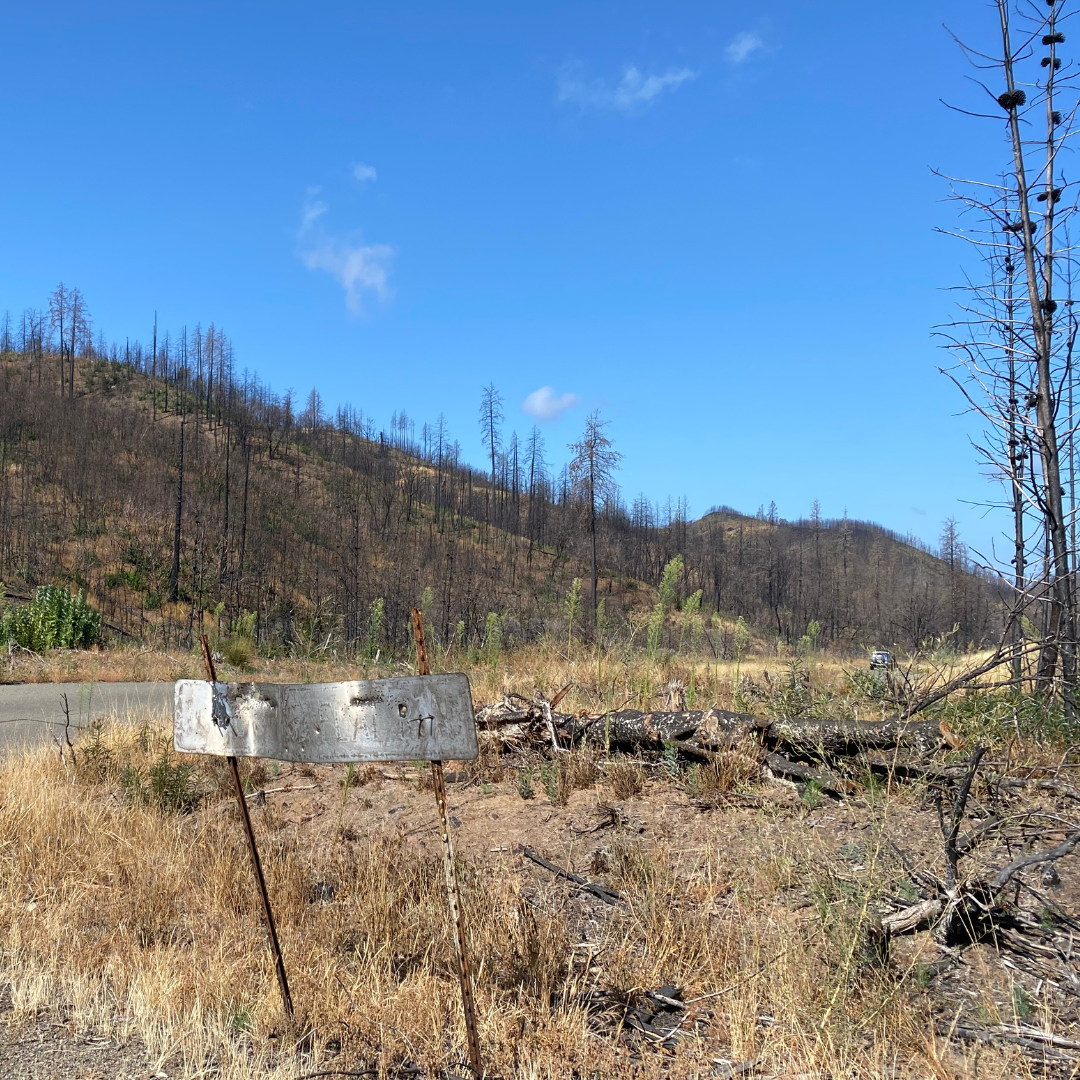ACR’s Conservation Science Intensive bridges the gender science gap with female-centered perspective
When 16-year-old Maggie from Fryeburg, Maine joined the group the first morning, she didn’t know what to expect from a week-long online exploration of conservation science. She hoped to gain confidence and knowledge and she thought she would bring a new perspective to the group. She emerged with hope for the future.
This summer, from June 27 to July 1, ACR’s Conservation Science Intensive (CSI) inspired teens from around the country to develop a stronger connection to themselves, each other, and the natural world. A focus on the feminine perspective is meant to help bridge the historic gender gap in the sciences. “Women make up only 28% of the workforce in science, technology, engineering and math (STEM)…The gender gaps are particularly high in some of the fastest-growing and highest-paid jobs of the future,” according to a recent report by the American Association of University Women.

Jacqueline Levy, who coordinates and supports the CSI program, emphasizes the importance of giving “high school girls a chance to not only see themselves in the field of conservation, but also to experience female-centered mentorship. How great would it be if more young students knew what opportunities existed, and could visualize themselves as the future leaders in conservation?”
Catie Clune, who co-led the camp with Levy, said the experience gave her an ongoing excitement for the future. “Being part of such a powerful group of changemakers—people with curiosity and creativity—makes me look forward to the future!” she added.
Student-mentor partnerships are forged for the future
CSI, now in its eighth year, allows teens to explore different pathways into the field of conservation and build relationships with mentors across multiple professions. The high school juniors and seniors learn about and practice conservation research, stewardship, nature journaling with ACR’s highly-skilled conservation biologists, ecologists, educators as guides and, importantly, partners. “There is much to be gained by shifting environmental education from knowledge acquisition to skill sharing, from teaching to partnering,” shares Tom Gardali, ACR’s CEO.

Many alumni of the program go on to study conservation science in their undergraduate and graduate years, as well as pursue careers in conservation, and maintain meaningful relationships with their CSI peers and mentors.
Maggie liked learning that there are so many opportunities in this field, telling the group that “there is no need to stress about it because there are so many ways to gain a career…there is really hope in our generation for the future.”
Although CSI is typically an on-the-land residential program, this year’s program was held virtually via Zoom amid continuing Covid-19 public health considerations. Sessions were a mix of group discussions, independent study, and team building activities.

The week’s experiences culminated in practice pitches to potential funders for conservation projects ranging from a public awareness campaign to save the endangered vaquita, developing seaweed as a sustainable alternative to plastic, funding wildlife crossings, and others.
Reflections from the students and peer-mentors include:
“What I have taken away from it is a sense…of empowerment, through the stories and everyone who has spoken to us and what we have learned, that the career that I am super passionate about is a possibility for me and also a sense of community. We are all in our little corners of the US, we have all been brought together. I have not always had people like me to have a community with so this has been really special – thank you.” – Josephine
“I gained more hope for a future career in conservation science. It seemed more intimidating before. Hearing about the panelists, their pasts, and how they explored their many interests and are happy with where they are now. It makes me more excited about my future career in conservation science.” – Sophia
Would you like to support future female conservation scientists? Sign up for the ACR eNews and/or donate.




